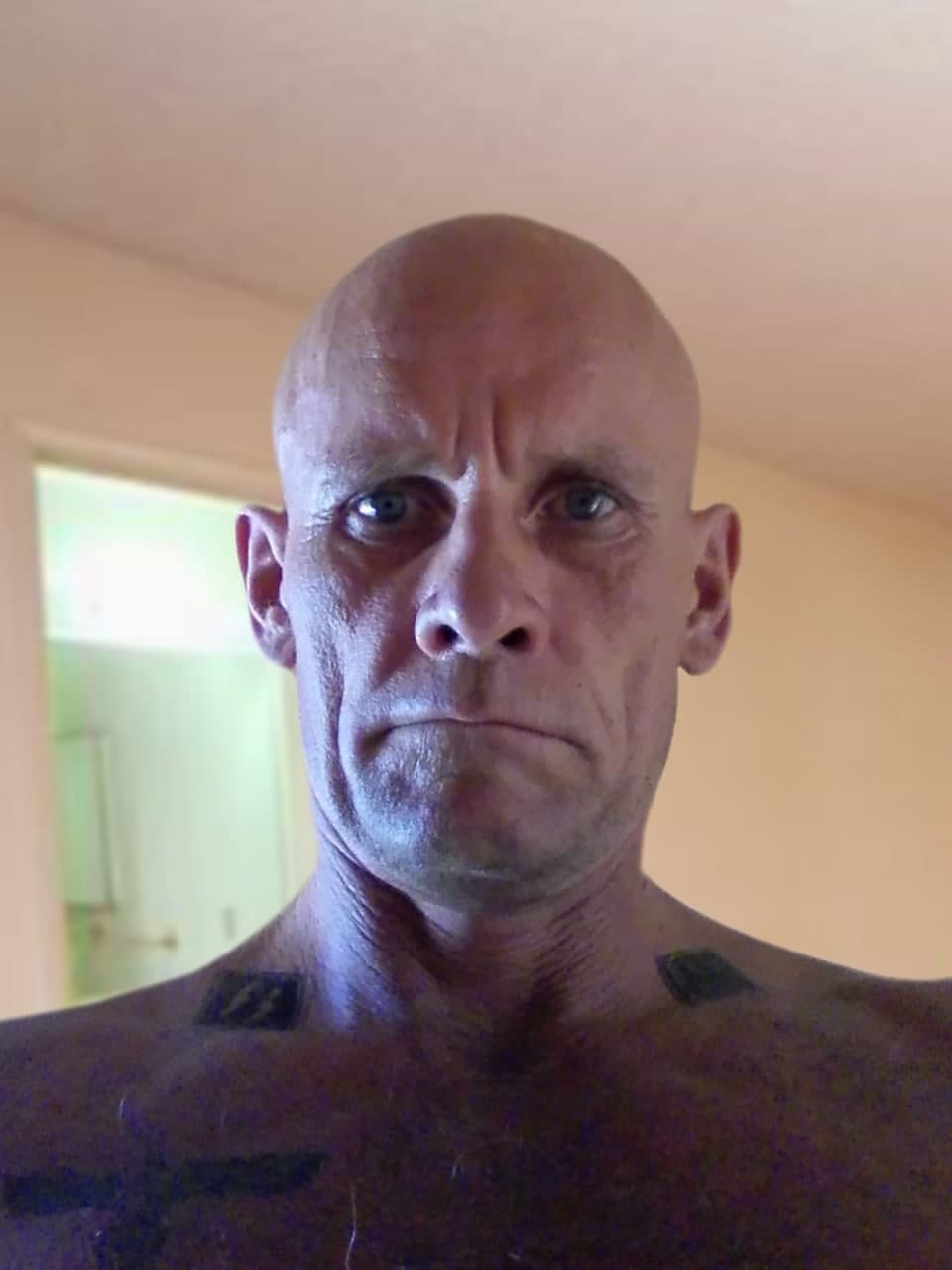Kyiv: Mercenaries from the Wagner Group, a Russian private military company recently sanctioned by the EU for alleged human rights abuses, are operating in Kyiv with orders from the Kremlin to assassinate Ukrainian President Volodymyr Zelensky, according to a report by UK newspaper The Times.
The group has been accused of covertly working for the Russian government to conduct combat operations in different parts of the world. It has a presence in Libya — which is at present fighting a civil war — as well as in Syria, Mozambique, Mali, Sudan, and the Central African Republic.
From October 2015 to at least 2018, Wagner fought with the Russian military and the Bashar al-Assad regime in Syria.
Dmitry Utkin, a former Russian lieutenant who also served in the Russian Federation’s main intelligence agency or GRU, is believed to be the founder of the group.
The shadowy mercenary unit was also involved in the Donbas conflict in 2014, including in Crimea, fighting “Ukrainian fascists”. Some experts have alleged that Utkin and mercenaries under him are “ironically” neo-Nazis themselves.
Last week, Russian President Vladimir Putin pledged to oversee a “de-Nazification” of Ukraine, after announcing a military operation in the neighbouring country.
What is the Wagner Group?
Founded in early 2014, the Wagner Group is a private military and security company believed to be used by the Kremlin to carry out its strategic objectives, even though Moscow has denied such claims.
A 2017 Bloomberg report estimated that the group has as many as 6,000 mercenaries.
On paper, Wagner Group is privately owned but its management and operations are “deeply intertwined” with the Russian military and intelligence community, says the American think tank Center for Strategic and International Studies (CSIS).
In a report published in September 2020, CSIS explains that post the Cold War, private security companies (PSCs) and private military companies (PMCs) became highly sought after by both state and non-state actors. These militias are essentially ‘freelance soldiers’ who come cheap and are more efficient than a regular military force because one can deploy a small number of fighters for a targeted mission. More so, such groups are less accountable.
The US government also uses PMCs such as private military firm Black Water, now known as ACADEMI. In September 2007, Blackwater mercenaries contracted by the US government during the war in Iraq, reportedly shot at Iraqi civilians, killing 17, in Nisour Square, Baghdad. Four Black Water mercenaries were thereafter imprisoned in the US, until pardoned by former US President Donald Trump in December 2020.
Wagner Group has been accused of atrocities. In December 2021, the EU imposed sanctions on 8 individuals and three entities from the group in connection with alleged human rights abuses in the Central African Republic.
“Wagner Group has recruited, trained and sent private military operatives to conflict zones around the world to fuel violence, loot natural resources and intimidate civilians in violation of international law, including international human rights law,” the EU stated.
It accused the group of torture, arbitrary executions and killings, and “destabilising activities” in regions like Donbas in Ukraine.
Who is Dmitri Utkin?
A former special forces colonel, Dmitry Utkin is said to be the founder and commander of Wagner Group, named after his call sign — unique identifiers used in military communications — ‘Wagner PMC’. It is not confirmed whether Utkin created the group on his own or whether at the behest of the Russian government.

He served in both Chechen wars (1994-96 and 1999-2009) and also participated in Russian operations against Ukraine in 2014.
Until 2013, Utkin served in the GRU, gaining the rank of Lieutenant Colonel. He was also briefly part of another PMC, Moran Security Group.
Last March, pictures emerged online purportedly showing three tattoos on Utkin’s collar bones and chest of logos related to Waffen-SS, a military unit of the SS organisation curated by the German Nazi Party.
In a study published in the non-profit journal Res Publica, Lukas Andriukaitis, Associate Director at the Atlantic Council’s Digital Forensic Research Lab (DFRLab), explained the Neo-Nazi leanings of these tattoos.
“Taking a closer look at the photos, the Nazi collar tabs with the Waffen SS logo on the left and the military rank on the right can be seen on Mr Utkin’s body. Below on the chest, you can see the Reichsadler eagle. All three tattoos are merchandise from Waffen-SS, a military unit of the SS organisation curated by the German Nazi Party,” wrote Andriukaitis.
In December 2016, Utkin was photographed at a Kremlin reception where he was reportedly decorated with a military honour for his services in Ukraine. Russian news website Fontanka shared the picture on Twitter.